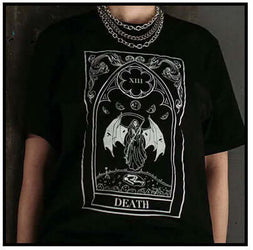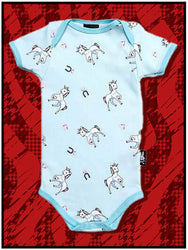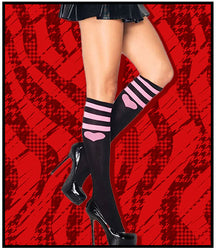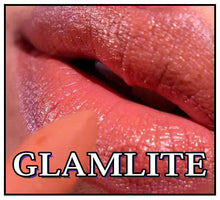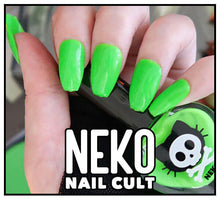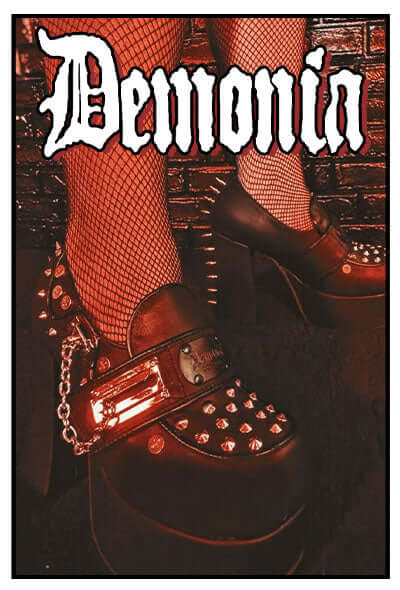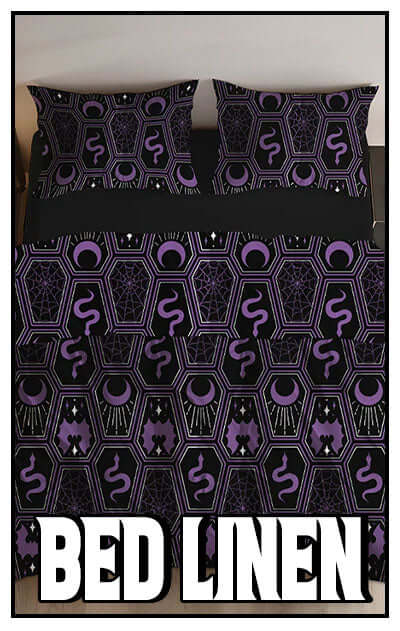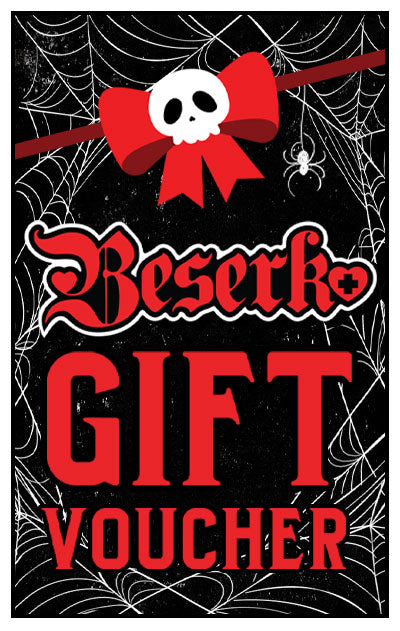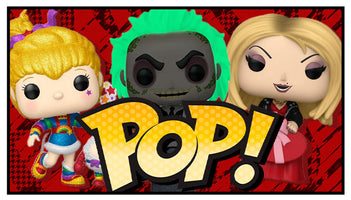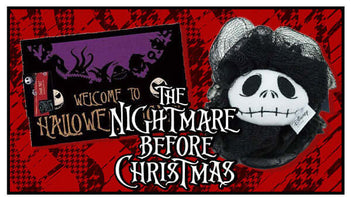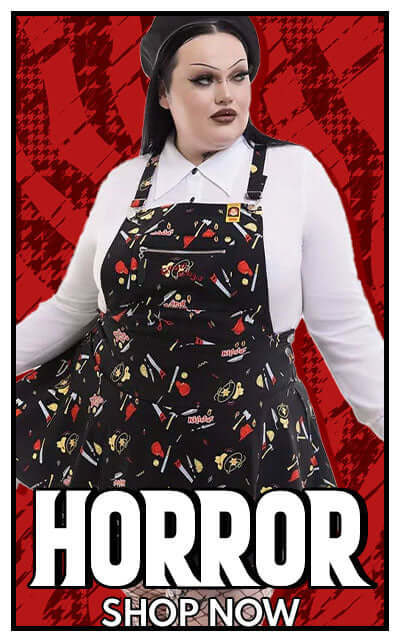- NEW
- BACK IN STOCK
- BRANDS
- ALL
- SALE ⭐
- CLOTHING
- SHOES
- HAIR
- COSMETICS
- HOMEWARES
- ACCESSORIES
- GIFT IDEAS
- JEWELLERY
- HOSIERY
- POP CULTURE
- STYLE
- Login
- Create account
- POSTAGE & DELIVERY
- RETURNS
- BESERK REWARDS
- GIFT CARDS
- CONTACT US ★
You have nothing in your cart.
Continue shopping here
Continue shopping here
YOU MIGHT LIKE

Add To Cart
Purple AF | HAIR COLOUR [236ml]
$27.95

Add To Cart
Beserk | Gift Voucher
$25.00

Add To Cart
Virgin Pink | HAIR COLOUR [236ml]
$27.95
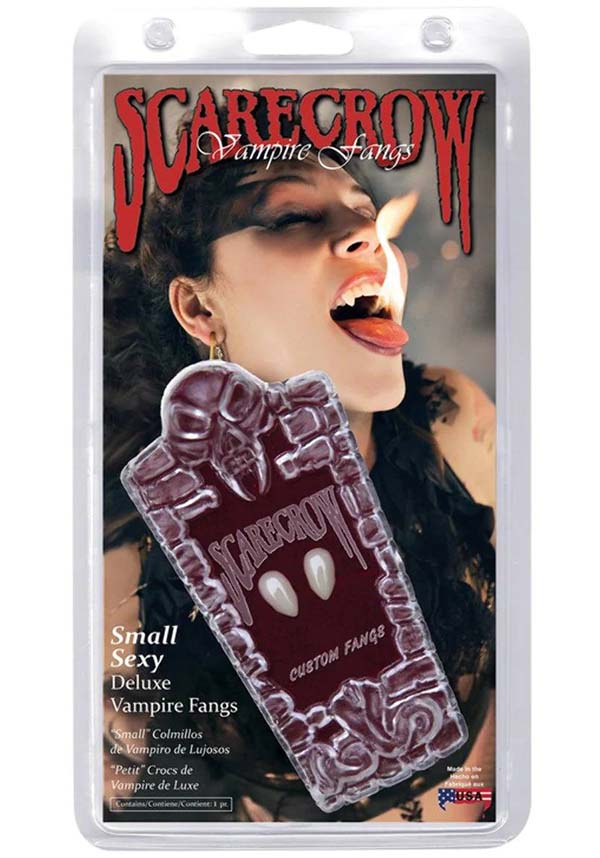
Add To Cart
Original Deluxe [SMALL] | CUSTOM FANGS
$39.95

Add To Cart
Aquamarine | HAIR COLOUR [236ml]
$27.95

Add To Cart
Poison | HAIR COLOUR [236ml]
$27.95

Add To Cart
Wrath | HAIR COLOUR [236ml]
$27.95

Add To Cart
Purple AF | HAIR COLOUR [118ml]
$18.95
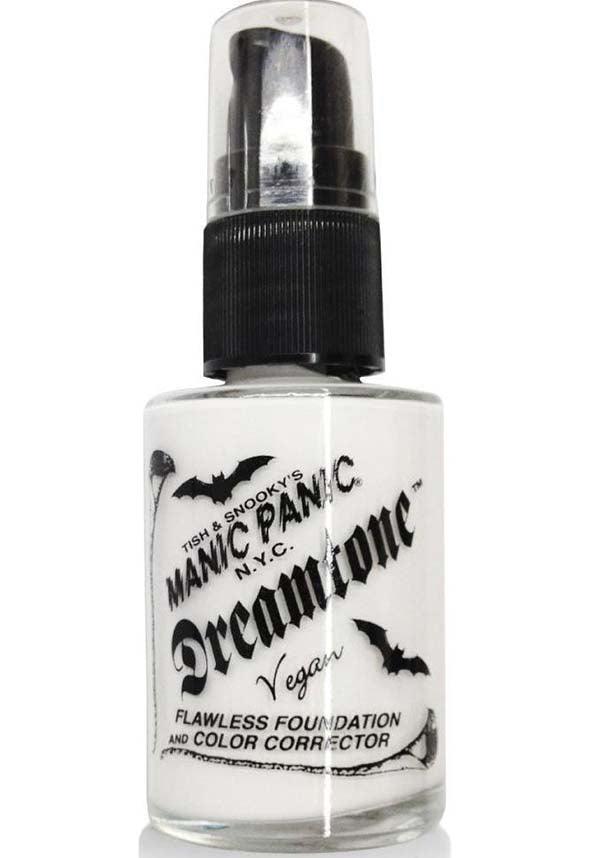
Add To Cart
Virgin White | DREAMTONE LIQUID FOUNDATION
$17.95
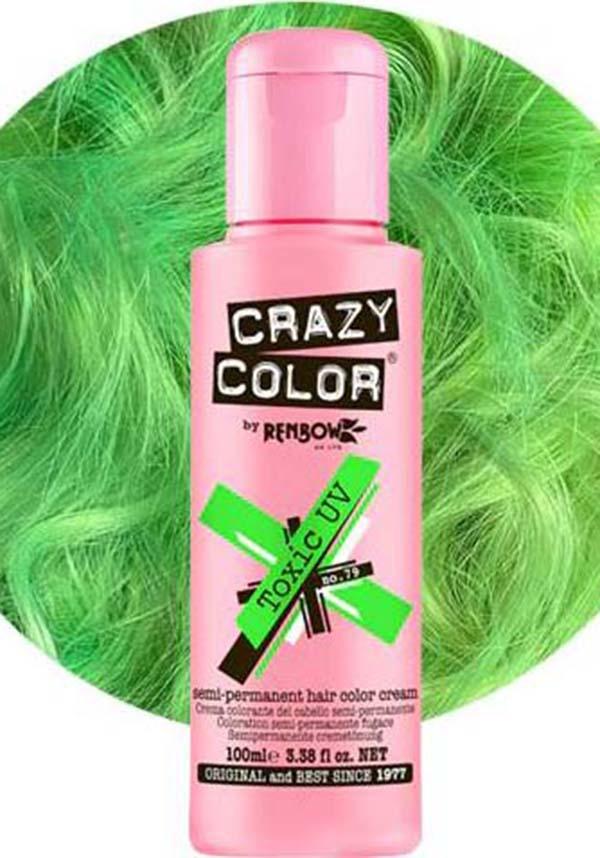
Add To Cart
Toxic UV | HAIR COLOUR
$16.95
YOU ARE ONLY AWAY FROM FREE SHIPPING
You are eligible for free shipping!
Delivery
Calculated in checkout
Cart Subtotal
$0.00




